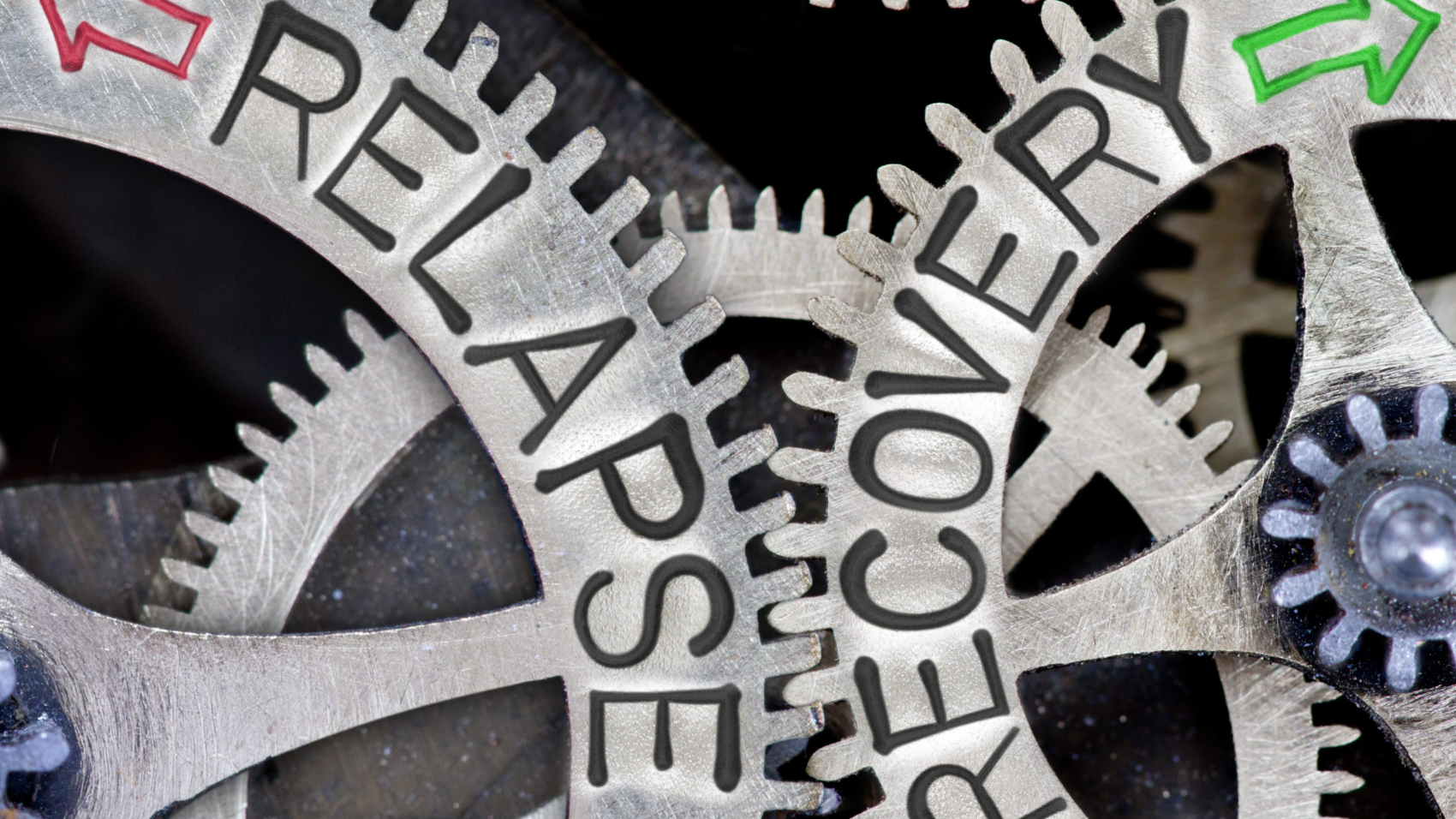While many may think that surviving a trauma ends when the trauma itself has ended, you know the reality. Trauma doesn’t end the moment the event ends. Instead, your surviving trauma may be a lifelong endeavor. Whether you have survived war, abuse, a natural disaster, or other trauma, you know that the trauma stays with you. You also understand that it can rise to the surface at the most unexpected times and leave you feeling as if you are reliving the events over and over again.
Getting help at a PTSD treatment center in Los Angeles can help you begin to see some light at the end of the tunnel. Without professional help, you can start to feel as if the walls are closing in on you, and you will find yourself seeking all sorts of ways to self-medicate. At The Last House, we understand the lasting effects of trauma and why you will try to escape them. We are here to help you learn more about treating and living with PTSD.
What Is PTSD?
PTSD, or post-traumatic stress disorder, develops in some individuals who have experienced shocking, frightening, or dangerous events. Some examples of events that result in PTSD include:
- Childhood trauma,
- Seeing a dead body
- Being injured
- Living through and/or fighting in a war
- Losing a loved one unexpectedly
- Witnessing another person being killed or hurt
- Experiencing horror, helplessness, or extreme fear
- Being the victim of a violent crime
- Surviving a natural disaster such as a hurricane, tornado, or flood
While many people will experience short-term PTSD symptoms, some will develop chronic PTSD. Treating PTSD early on at a PTSD treatment center in Los Angeles can help manage the symptoms better and provide you with coping strategies. It’s important to note that PTSD does not always occur immediately after the events and can arise months or years after the events.
Common Symptoms of PTSD
When most people think of PTSD, they think of how it is portrayed on television or in the movies. We think of the Veteran who has returned from war who experiences flashbacks. And while flashbacks can be a part of PTSD, they are not the only symptom. Flashbacks and bad dreams are considered re-experiencing symptoms because the individual is reliving the trauma. However, PTSD symptoms can also include avoidance, cognition/mood, and arousal/reactivity symptoms. Avoidance symptoms include avoiding seeing or talking about places, events, or things that remind you of the trauma. Cognition or mood symptoms show up as not remembering particular details or facts about the traumatic event, distorted feelings, or even loss of interest in activities. Arousal/reactivity symptoms include being easily startled, feeling “on edge,” experiencing difficulty sleeping, and having outbursts of anger. A doctor is the only one who can diagnose PTSD, but if you are experiencing symptoms like these, it’s time to see help at a PTSD treatment center in Los Angeles. Many who experience PTSD will self-medicate with drugs or alcohol to avoid the feelings created by their PTSD symptoms. While this is understandable, self-medicating will not address the underlying issues. In the end, you may find yourself with PTSD and a substance abuse problem.
Why You Should Go to a PTSD Treatment Center in Los Angeles
Seeking treatment for your PTSD will enable you to manage your PTSD symptoms in a way that lets you create a life outside of the trauma. The Last House is a network of structured sober living homes in the heart of West Los Angeles. We believe in providing our clients with the tools to have a meaningful life and participate in their sobriety. Activities such as service commitments, sober parties, conventions, dances, and house outings are all a part of helping you learn how to have fun in sobriety. Composed of active members of the Los Angeles Sober Living community, our staff is familiar with many recovery support groups in the area. If you’re wondering how to create your sober life, The Last House is here to help.










